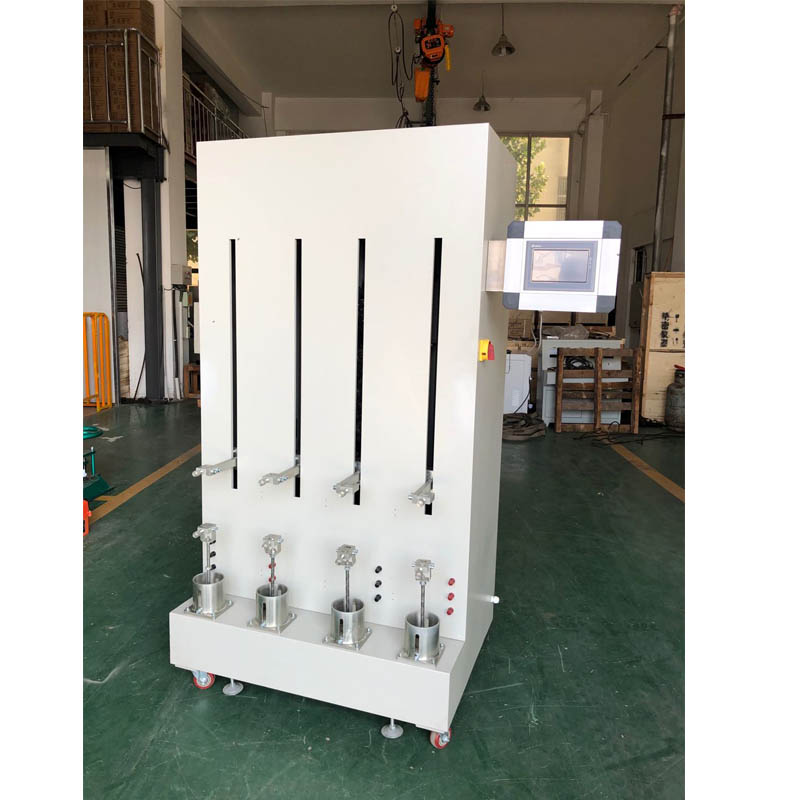tensile testing machine
Understanding Tensile Testing Machines Key to Material Strength Evaluation
Tensile testing machines are indispensable tools in materials science and engineering, designed specifically to evaluate the mechanical properties of various materials under tensile stress. These machines play a crucial role in determining a material's strength, ductility, and elasticity, which are vital for ensuring the reliability and safety of products across different industries.
The fundamental principle of a tensile testing machine involves subjecting a sample material to a uniaxial tensile load until it fractures. The machine typically consists of a load frame, a testing device, and a computer system for data acquisition and analysis. The load frame holds the sample in place while applying a controlled tensile force. Strain gauges or extensometers measure the elongation of the sample, allowing for precise determination of the stress-strain relationship.
During a tensile test, the sample is stretched, and its resistance to deformation is measured. By plotting stress (force per unit area) against strain (deformation per unit length), engineers can derive crucial material properties, such as yield strength, ultimate tensile strength, and elongation. Yield strength indicates the point at which the material begins to deform permanently, while ultimate tensile strength reflects the maximum stress the material can withstand before failure. Elongation provides insight into the material’s ductility, indicating how much it can stretch before breaking.
tensile testing machine

Tensile testing machines vary in size and capability. Some are designed for small-scale testing of materials such as plastics, metals, and textiles, while others are built for larger samples, including components used in construction and manufacturing. The versatility of these machines makes them relevant in numerous fields, including aerospace, automotive, civil engineering, and even biomedical applications.
In addition to standard tensile tests, modern machines are equipped with advanced features such as automated testing, real-time monitoring, and software for detailed data analysis. These enhancements increase the accuracy of results and streamline the testing process, allowing engineers to make informed decisions based on reliable data.
In conclusion, tensile testing machines are vital in assessing the mechanical properties of materials. Their ability to provide accurate and repeatable data enables engineers to select appropriate materials for specific applications, ensuring safety and performance in product design. As technology advances, these machines will continue to evolve, playing an essential role in the development of innovative materials and structures.
-
The Role of Tensile Force Testers in Quality Control and Material Science
NewsAug.01,2025
-
Maintenance and Safety Tips for Aging Ovens
NewsAug.01,2025
-
Density Balance in Forensic Science
NewsAug.01,2025
-
Advanced Optical Measurement Technologies
NewsAug.01,2025
-
A Buyer’s Guide to Tensile Test Machines
NewsAug.01,2025
-
Why the Conductor Resistance Constant Temperature Measurement Machine Redefines Precision
NewsJun.20,2025
 Copyright © 2025 Hebei Fangyuan Instrument & Equipment Co.,Ltd. All Rights Reserved. Sitemap | Privacy Policy
Copyright © 2025 Hebei Fangyuan Instrument & Equipment Co.,Ltd. All Rights Reserved. Sitemap | Privacy Policy
